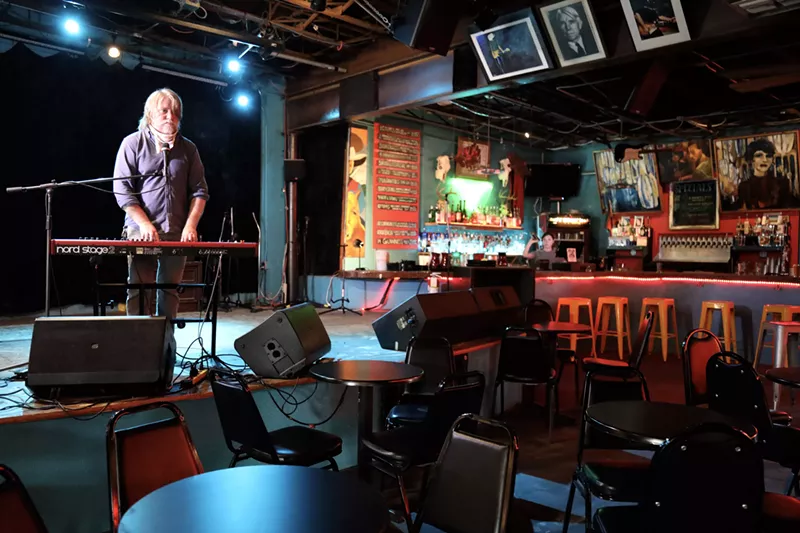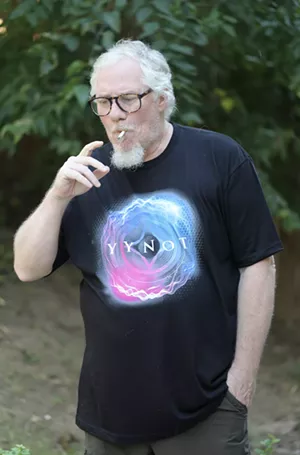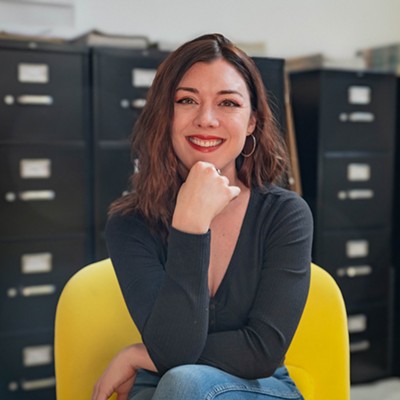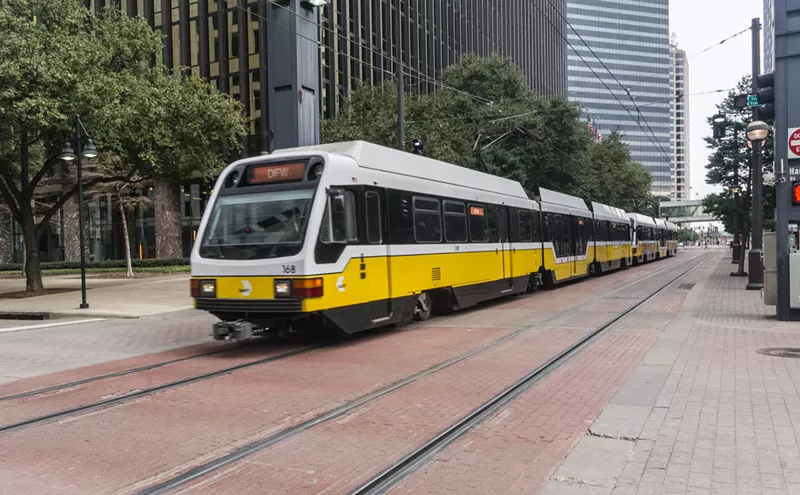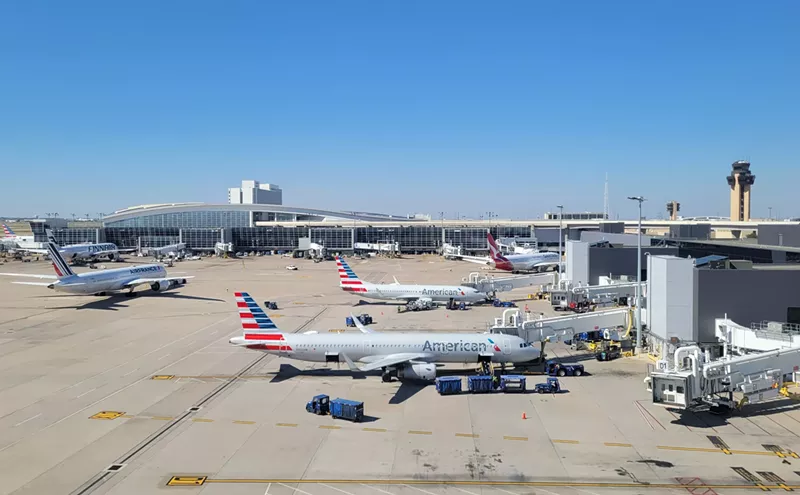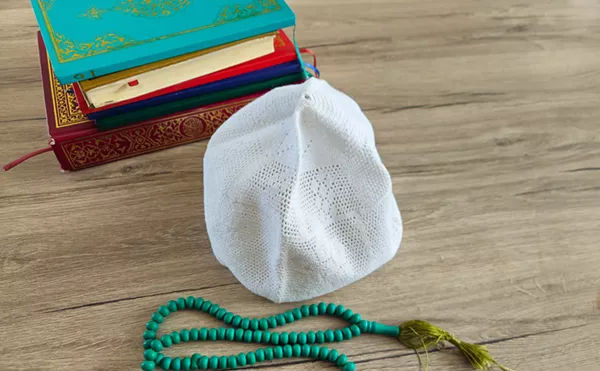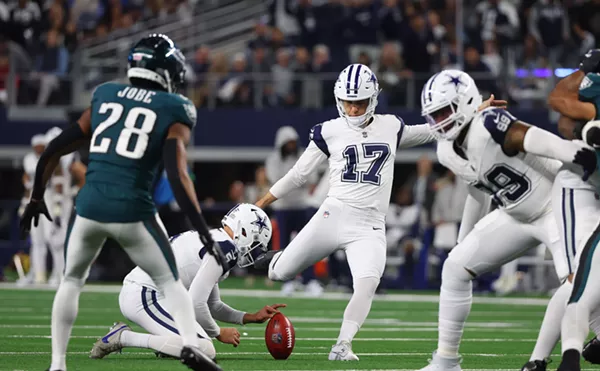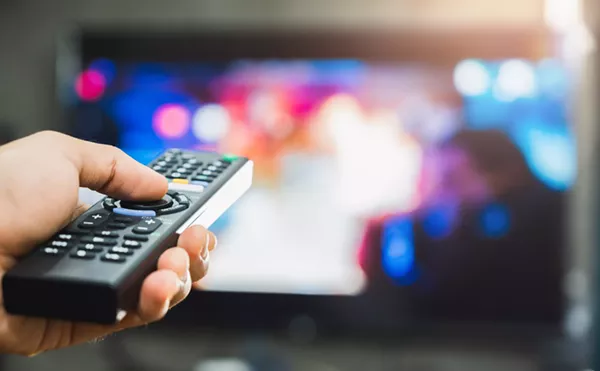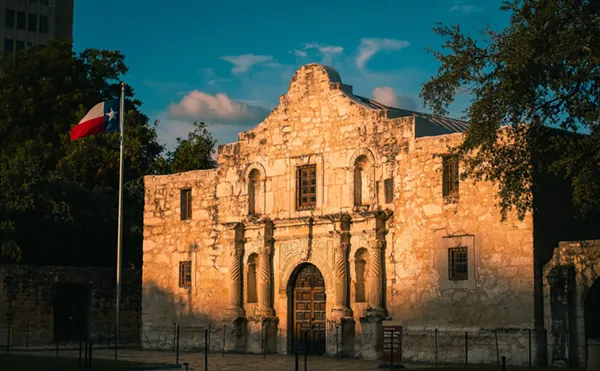During any given summer, the former Centro-matic pianist might be sharing the stage with the likes of Sarah Jaffe or Alejandro Escovedo. They could be playing any number of sold-out festivals in New York City or Europe.
In normal times, the stage lights would bathe Danbom in kaleidoscopic hues. The crowd might envelop him in a warm wave of applause.
“If it’s a good show, and you just get that unexpected person who says the exact right thing, or if everyone’s in a good mood, you just feel it. Everyone just needs that kind of release or something,” Danbom said. “That’s the main thing that [musicians] do it for – I mean, that’s a big reason why I do it.”
When he plays piano today, though, it's to an audience of none.
Danbom misses how things were before the coronavirus pandemic devastated the country and forced everyone into isolation, he said. The Denton musician wrestles with feelings of uncertainty, vacillating between mild forms of anxiety and depression.
“Having a life where, you know, I played a lot of music and there was always that social interaction,” he said, “yeah, of course I miss [performing]. I miss that a lot.”
Like Danbom, people nationwide are struggling to cope with this Orwellian new reality. Many are battling acute mental health distress for the first time. The country's sky-high unemployment rate has even caused some experts to predict that suicides will soon surge.
Each person’s reaction to the pandemic is unique, but it has undoubtedly cast a monolithic shadow over the mental health of the nation.
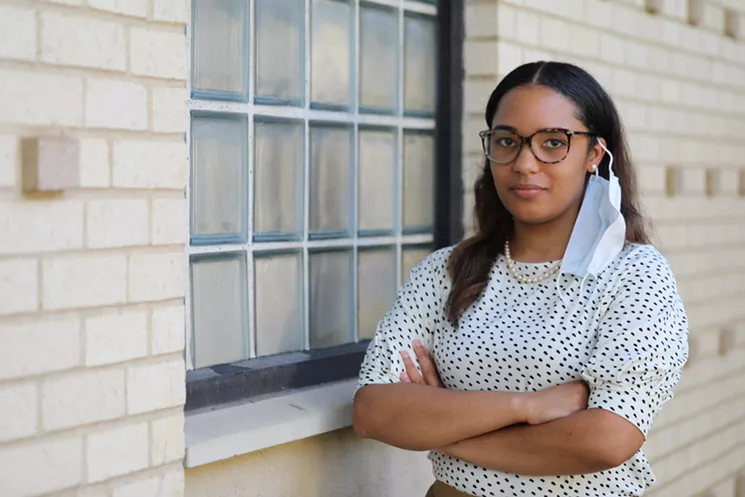
Professional counselor Brittney Taylor assists those with anxiety and depression at Dallas Metrocare Services.
Daniel Rodrigue
Taylor said she’s noticed a swell in her clinic’s traffic since the pandemic began.
“We have seen an increase of individuals walking in for the first time,” she said, “or individuals who were already active in services calling, discussing more anxiety and an increase of depression — and just isolation and loneliness because of, you know, not having work.”
North Texas’ economy was hit hard by the pandemic. In May, the unemployment rate for Dallas-Fort Worth-Arlington was 12.3%, according to the U.S. Bureau of Labor Statistics. It was 2.9% during the same month the previous year. One study published in the Journal of Epidemiology and Community Health indicated that being unemployed is correlated with a “twofold to threefold increased risk of death by suicide.”
In March, a federal crisis hotline saw its call volume spike by 891% as compared to the same month last year, according to CNN.
The pandemic has also made it difficult for some to find employment. Richard Harris, who is a veteran experiencing homelessness in Denton, said he had been working to get his life back on track. Earlier this year, he was in a rapid rehousing group and on a clear path to self-sufficiency.
Then, the coronavirus came and ruined the prospects he had, he said. Although he’s taking medication for depression, Harris said it’s been hard for him lately to work through suffocating feelings of despair.
“With all the blows I’m taking while I’m on that stormy sea, I just go dead inside. And that kills me, you know, because that’s not me,” he said. “Like, I feel hollow inside, and yet I’m still constantly having my guts scooped out every day just from all the completely unnecessary stress. And COVID just takes it to the nth degree.”
Still, Harris said he hasn’t given up fighting for a better future."I feel hollow inside, and yet I’m still constantly having my guts scooped out every day just from all the completely unnecessary stress. And COVID just takes it to the nth degree.” - Homeless veteran Richard Harris
tweet this
“My success rate for dealing with this is 100%,” he said. “I’m still here.”
Texas has the fourth-largest homeless population in the U.S., of which veterans make up nearly 7%, according to the United States Interagency Council on Homelessness. People experiencing homelessness are at a high risk of contracting COVID-19, in part because of a lack of resources and rampant community spread in shelters.
Schools may also become super-spreaders when they reopen. That fact worries many educators, such as Shana Evans Murphy, a second-grade teacher in Lewisville. She said although her district is doing its best to protect its staff, she’s scared to return to teaching in-person classes this fall.
Not only that, but the pandemic has also been hard on her two sons. Luke, 18, will be a senior this year and misses socializing, but he doesn’t take any chances to see his friends, Evans Murphy said. He’s worried about bringing the virus home to his 13-year-old brother Sam, who has Down syndrome.
Evans Murphy said because Sam lives with an intellectual disability, he has a difficult time understanding why he can’t go anywhere or see his classmates. To help him cope, she tries to take him for car rides so he can get outside the house.
For her, the silver lining is that they’ve had plenty of time to bond over puzzles and games in lockdown, Evans Murphy said.
“As a family, I think we have gotten closer because we are spending more time together,” she said. “Fortunately, we’re strong, and we enjoy being around each other.”
Dallas psychologist Kathryn Keller specializes in treating people with trauma, anxiety and depression. She said some of her clients have increased their number of sessions because of heightened anxiety caused by “this never-ending void of unknown.”
Others, though, have indicated they’re doing better during lockdown.
“Probably for the majority of people, it feels more anxiety-provoking and depressing,” Keller said. “But there’s definitely a demographic of people that are thriving under COVID.”
Arlington resident Brendon “Ramdas” Jones is an instructor for ZeroPoint University, an online school that bills itself as “the world’s first subconscious community.” Jones said that prior to the pandemic, he was at a crossroads, wherein he struggled with anxiety and how to deal with relationship trouble.
Once Texas shut down in March, though, Jones took it as a sign that he needed to focus on his spiritual growth. During that time, he became more deeply entrenched in his belief system, Sanatana Krishna Dharma Consciousness. He increased the number of times he’d meditate and his life soon started improving, he said.
Jones credits the days spent in quarantine with affording him the time to realign his values. Now, he has a heightened appreciation of life and a more positive view of death, he said.
“Having that kind of social detox really helped me reestablish my perspective,” Jones said. “This pandemic really helped me set in my mind, and I had this peace of mind, that whatever happens to me — whatever happens to this body — I will be OK.”
Isolation and COVID-related anxiety have led some to relapse, however. A study published in Psychiatry Research indicates that increased social and economic stress, paired with the inaccessibility of treatment, will likely cause a surge in substance abuse.
Over the past few months, Taylor said she’s noticed some of her clients have been struggling with substance abuse issues. It's tempting to fall back on bad habits to cope with anxiety, she said, especially when one lives alone.
“Whether they’re using marijuana or methamphetamines, we definitely have seen an increase,” Taylor said.
Others have been able to quell problematic behaviors, Keller said. Since Gov. Greg Abbott forced the state’s bars to close, many Texans who drink alcohol while socializing have been drinking less, she said.
Some people with obsessive tendencies, such as those who binge eat or over-exercise, have reported worsening symptoms, she added; it just depends on the person.
When people with post-traumatic stress disorder are told they can't leave the house, they may be triggered to their trauma, Keller said. They might feel helpless and as if their rights are being violated.
“Part of what makes trauma, trauma, is the lack of consent to whatever that event is,” she said. “Whether your house burned down or you were abused as a child, you didn’t sign up for either of those.”
The media people consume may also affect their mental health differently during the pandemic, Keller said. Left-leaning outlets sometimes compare the coronavirus to the Black Death or the Spanish flu, which can cause viewers to worry.
Keller said those who subscribe to news stations that minimize the virus' danger may also feel anxiety — but for different reasons.
Some conservative outlets, for instance, have praised Republican leadership for its aggressive reopening plans while downplaying health officials’ warnings as “alarmist.” Conflicting messages from politicians and health experts can be confusing to those who are unsure about the severity of COVID-19, Keller said.
Even those who believe the virus is a hoax are struggling to cope, Keller added. Mask mandates and lockdowns may feel like an infringement of their autonomy.
“I do believe that part of what influences behavior has to do with political views, also — media consumption," she said.
Fort Worth musician and producer Jordan Richardson said he was a news junkie prior to the pandemic. Now, though, he’ll take breaks from the media, he said; the constant cycle of terrible news sometimes undermines his mental well-being.
These days, Richardson said he’s more anxious and not sleeping as well. But the Son of Stan frontman also tries to look on the bright side: He’s exercising and reading more, plus he’s gotten back into therapy.
Still, life during the pandemic has seemed surreal to Richardson. Both his parents and his partner are considered high risk, so he has to be careful anytime he leaves the house, he said.
Richardson also said he hates that he’s unable to hug his friends for fear of spreading the virus.
“I’m a pretty huggy, touchy, lovey kind of guy,” he said.
“We’re not meant to be this way; we’re a social animal,” he added.
Some people who do decide to socialize pay the price later. Before the bars closed down again, Richardson went out to celebrate his birthday with friends. Afterward, though, he said he was wracked with guilt.
One of the most insidious effects of the coronavirus is that it discourages normal human interaction, which can lead to an increase in loneliness. Many experts think that aside from being a mental burden, social isolation also jeopardizes physical health.“We’re not meant to be this way; we’re a social animal." - Musician and producer Jordan Richardson
tweet this
Loneliness can lead to cardiovascular disease, augmented inflammatory responses and hormonal and metabolic imbalances, according to a study published in the Cureus Journal of Medical Science.
People’s inability to touch loved ones also has major consequences for their mental well-being, said Tate Ringer, Metrocare’s chief strategy officer.
At a time when the pandemic is devastating entire communities, people are unable to console a loved one when they are upset, she said.
“You think about the power of a healing touch or a comforting touch, patting someone on the shoulder or touching their arm — you can’t even do that,” Ringer said.
Around 90% of communication is nonverbal, she added, so wearing masks is making it difficult for people to effectively communicate. Masks block others from properly reading our expressions, she said.
“We can’t even smile at each other because we’ve got masks on,” Ringer said.
The pandemic has exacerbated some people’s struggles with mental health, but in a way, it could also lift the stigma surrounding it, said Kelli Laos, Metrocare’s chief clinical officer. Mandatory isolation may help people who have never experienced depression develop greater empathy for those who do, she said.
Pianist Danbom said hearing from friends has helped him to cope with his own anxiety. It makes a world of difference when someone checks in to say hi or ask how he’s doing, he said.
Aside from practicing good hygiene, social distancing and wearing a mask, Danbom said he’s found another form of self-care: laughter.
“Laugh, no matter how painful it is,” Danbom said with a chuckle. “It might get worse, but yeah — there’s supposed to be some fun in how ridiculous this is. You’re not belittling anyone else’s suffering: You’re just coping.”
If you are in need of mental health services, you can call:
Metrocare’s COVID Support Line: 214-743-1215
Suicide and Crisis Center of North Texas 214-828-1000
MHMR Denton and Tarrant County Crisis Line: 800-762-0157
National Suicide Prevention Line: 1-800-273-8255 (TALK)
Friends of the Family 24/7 Domestic Abuse Line to call or text: 940-382-7273
Collin County: (Lifepath) 877-422-5939

